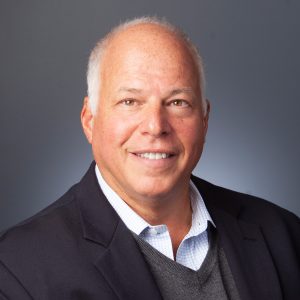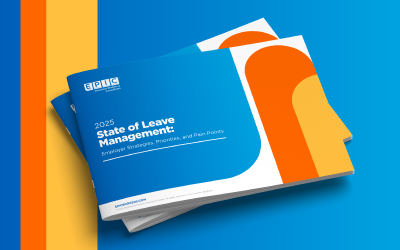Polls continue to show healthcare as one of the most important election issues. A recent study indicated that 137.1 million, or more than one-third of all Americans, are facing financial hardship due to medical costs. In 2018, 27.5 million Americans (8.5%) were uninsured and this excludes those who illegally entered this country.
Viewpoints from Craig Hasday
As my colleague pointed out in his recent blog post, despite the massive cost and market upheaval of the Affordable Care Act (ACA), our country is not making much progress in reducing the uninsured, but the underinsured issue compounds this situation even more as cost-sharing for those with coverage increases.
Medicaid expansion is not the cure-all Democrats hoped for as states continue to try to find ways to make their share of costs affordable. For a number of reasons, despite promoting expansion, enrollment in Medicaid dropped by 3% in 2018. The Trump administration has favored state control of Medicaid and at least six states have been granted waivers which would add a work requirement as a condition for eligibility. As these waivers are granted to the states they are challenged, and many have been overturned. What has scared the legislators and the courts is a demonstrated 18,000 Arkansas Medicaid recipients who lost coverage due to work rules. And now the federal government is proposing a shift from open funding of Medicaid to capped funding which will further stress state budgets.
Meanwhile, on the cost-containment side of the ledger, powerful interests on both sides of each issue are slowing progress. Hospitals are suing the Department of Health and Human Services (HHS) over cost transparency rules and we have not seen much movement in even this seemingly simple change meant to encourage competition. Prescription drug costs increased 5.3% so far this year even though we read about federal and state efforts to contain drug costs. Recently the Food and Drug Administration (FDA) proposed allowing the importation of drugs from Canada and as expected, big pharma is fighting back. Another proposal to use international price indexing to determine Medicare Part D drug prices is being worked on and sandbags are being filled by pharma to hold this back.
Single-payer noise has quieted as voters have signaled that this may swing the pendulum too far, so Democrats seem to be moderating their platform for radical change; however, they are trying to expedite a court ruling on whether ACA should be disbanded in its entirety. This clearly will be decided by the Supreme Court. The stakes continue to rise and building pressure will not likely be released until after the November elections are concluded. It is going to be a wild year.
Related Content
Products
Employee Benefits Consulting
Our dedicated benefits team is focused on delivering better outcomes – to both your benefits program and ...
Industries
Healthcare
Our healthcare practice is known around the world for its expertise and passion in delivering exceptional ...
Products
Compliance
We provide comprehensive consulting services and in-depth education regarding the ever-changing employee ...



